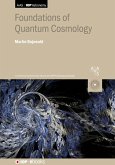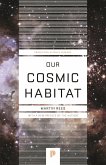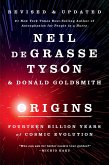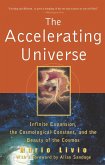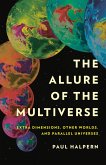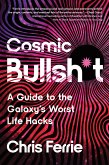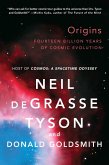The past 20 years have seen a rapid growth in observational cosmology and during this time many new cosmological observations have helped to provide a rich and fascinating source of knowledge within the field. Technical advances in computational cosmology also mean that data can be more accurately read and interpreted. Many models and observational projects have been used in this time, however, with new information and technology, there are new methods being developed. Simulating Large-Scale Structure for Models of Cosmic Acceleration explores alternative cosmological models and how we can learn from these as well as differentiate them from the standard cosmic model. The book also looks at the ways in which techniques can be used to accurately develop and test the models to produce new observations.
Written by Baojiu Li, an internationally recognised expert in the field, this self-contained book provides a fundamental guide to researchers looking to enter the field of cosmological simulations. Postgraduate students will also find it of use as the need for numerical simulations and astronomical surveys increases. The book contains a significant amount of Li's own research, as well as assistance from other experts and collaborators in the field, and it will certainly encourage others to explore the ever-expanding world of cosmic acceleration.
Written by Baojiu Li, an internationally recognised expert in the field, this self-contained book provides a fundamental guide to researchers looking to enter the field of cosmological simulations. Postgraduate students will also find it of use as the need for numerical simulations and astronomical surveys increases. The book contains a significant amount of Li's own research, as well as assistance from other experts and collaborators in the field, and it will certainly encourage others to explore the ever-expanding world of cosmic acceleration.
Dieser Download kann aus rechtlichen Gründen nur mit Rechnungsadresse in A, D ausgeliefert werden.



